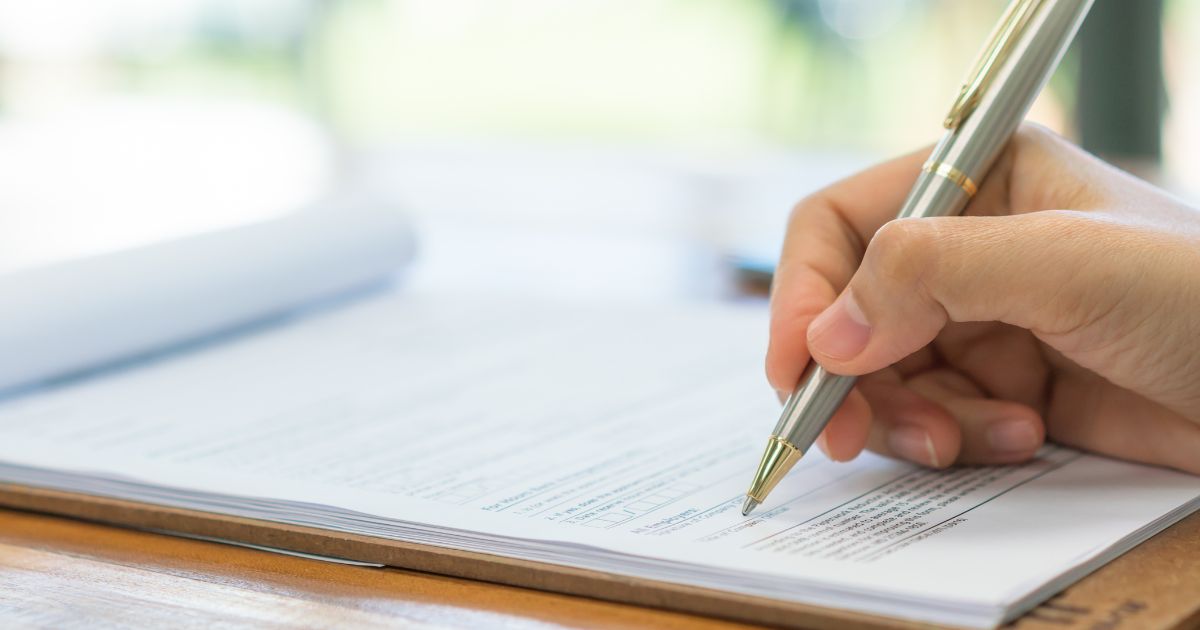Introduction
Refund is the excess of tax credit/paid over the tax liability. This is an amount the Income Tax Department pays the taxpayer, provided all the required laws and regulations are complied with. In applicable cases, the taxpayer will receive an interest on the refund amount. While the refund received from the filing of the ITR is not taxable, the interest received on such a refund is taxable under the head, Income from Other Sources.
Table of Contents
As the deadline for filing the ITR for the Financial Year 2023-24 is fast approaching, let us look at how taxpayers maximise the income tax refund available to them.
The deadline for filing returns for individuals not liable to tax audit is July 31st.

Claim all the allowances applicable
A salaried person can avail of House Rent Allowance(HRA) and Leave Travel Allowance(LTA). Availing the above can aid in reducing the tax liability which impacts the refund due to the taxpayer.
It is the responsibility of the taxpayer to go beyond the information available in Form 16 and explore the tax-saving investments and eligible expense deductions made by them to maximise the refund receivable.
Claim all eligible deductions
Taxpayers should ensure that all the eligible deductions and credits available to them are claimed without fail. These deductions include various Chapter VIA Deductions under the Income Tax Act 1961. For example:
- Section 80C: payments under Life Insurance Premiums, Equity Linked Savings Scheme(ELSS), National Savings Certificate(NSC) and Public Provident Fund(PPF) are allowable as deductions in this section.
- Section 80D: medical insurance premiums paid are allowed as deductions up to a certain limit as applicable under this section.
- Section 80E: provides deductions on interest payments made on education loans
The taxpayers must keep a record of all the above investments and expenses made by them. This comprehensive record is essential in aiding in tax filing and therefore claiming an accurate refund amount. For example, rent receipts for HRA, donations made to Charitable Institutions under Section 80G and other such transactions are to be documented.
Reconcile ITR with 26AS and AIS
The income information across all three is to be reconciled to avoid inaccurate income representation in the Income Tax Return. Any discrepancy among the three should be avoided. A mismatch would lead to inconvenience for the taxpayer so it is best to avoid the same by careful checking and re-checking. The taxpayer has to ensure that the information being furnished in the Income Tax Return is accurate and complete. Any errors and omissions can lead to delays or redoing of the task.
Choose the best tax scheme
There is now a default tax scheme which is the tax slabs under the new regime. If a taxpayer wants to avail the tax slabs from the old regime, they must first opt out of the default and then avail of the old regime.
Each case is unique and so the taxpayer should do a careful study of which regime’s tax slabs would be the most beneficial and make the decision.
File ITR within the due date
The Income Tax Return is to be filed within the applicable due date under Section 139(1) under the Income Tax Act 1961. The refund is made available upon the processing of the ITR, a faster processing of the return may be ensured by a sooner filing of the ITR.
Filing the Income Tax Return on or before the due date also means there are no late fees or penalties leviable.
E-verify ITR in time
After the filing of the Income Tax Return, the taxpayer has to verify it within 30 days. The return is only processed once the verification is done. So ensuring a sooner verification may lead to quicker processing and therefore a sooner receipt of the refund.
Validate Bank Account
The taxpayer should ensure that the bank account mentioned in the Income Tax Return is properly validated. The Income Tax Department only credits refunds to those Bank Accounts that have been validated on the e-filing portal. Therefore this becomes a vital task for the taxpayer as it ensures the receipt of the refund.
Seek Professional Assistance if required
Filing the Income Tax Return can be a lengthy and technical process. Each case is unique and every year for the same case can also be a different scenario for the same taxpayer. In cases where the refund amount is higher, the incomes are diverse or there is uncertainty on deductions to be claimed, it is advised to seek professional help from a tax consultant or a Chartered Accountant.
They can provide personalized advice and as such ensure that the taxpayer can maximise the refund claim while being compliant with the various tax laws and regulations under the Income Tax Act 1961.








 CAclubindia
CAclubindia
